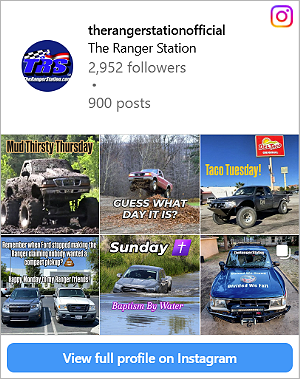When I worked in Japan the fuel choices were even more diverse. I could buy "crappy gas" on the base for $2.50/gl or buy the gas out in town for $1.95/liter. The gas out in town was significantly better, my engine ran crisp and smooth and yielded much better fuel economy. Anyone going to a Dyno-run would use only "out in town" premium.
I would purchase fuel on base 3 tanks in a row then on the 4th, I would bite the bullet and get nearly a full tank of premium off base.
To keep my car running decent on base fuel I would add a bottle of the best octane boost available. Without it on base fuel, my car ran like poop.
Throughout my life I have heard people refer to premium fuel as the "rich man's" fuel as only a man of wealth could afford it. In my experience the only fuel worth useing is premium and the true lie
appears to be that the other grades of fuel pollute more with reduced performance.
I first learned the difference in fuel performance riding a motorcycle to high school, paying my own way. I would get greater than 10% better mileage on premium than either 87 or 89 octane choices. The difference in cost was less than 10%, so to me it was a no-brainer which to use with my bike's copious 1.75 gallon + 0.5 gl reserve fuel tank. Whichever fuel brought me farther between fill ups was going in the tank.
I use a bottle of the best performing octane boost every 4th tank. Riding that dog-gone motorcycle as a youth, getting 82-87 mpg spoiled me for life, I will always be committed to the highest possible fuel economy.
When an engine I operate starts losing it's normal fuel economy, I usually know exactly what it needs. This is based on my learned preventative maintenance/tune up schedule.
I was going to leave this thread alone but it kept popping up and I broke

.
My experience is that 95% of driver's don't know what gas milage their vehicle/engine is capable of. They will report a range of miles they expect to be able to drive on a half or full tank of fuel. They do not consider their driving habits as optional and tune ups on cars that are "maintenance free" for 100,000 miles are a waist of money. Of the remaining 5%, very few will do anything, let alone everything possible to actually save money on fuel; of which, the #1 method any driver can do is to
drive conservatively, let alone perform preventative maintenance on a disposable (through away) vehicle. Cash for Clunkers was an oak stake in the heart of our nations wrecking yard parts bin.












